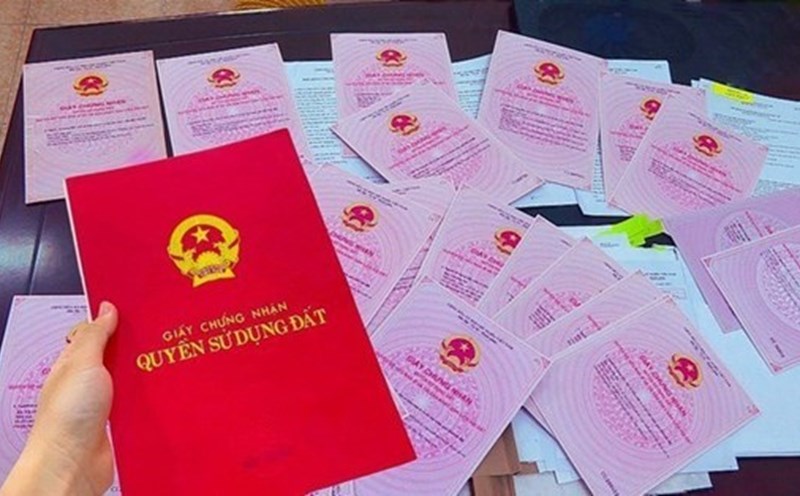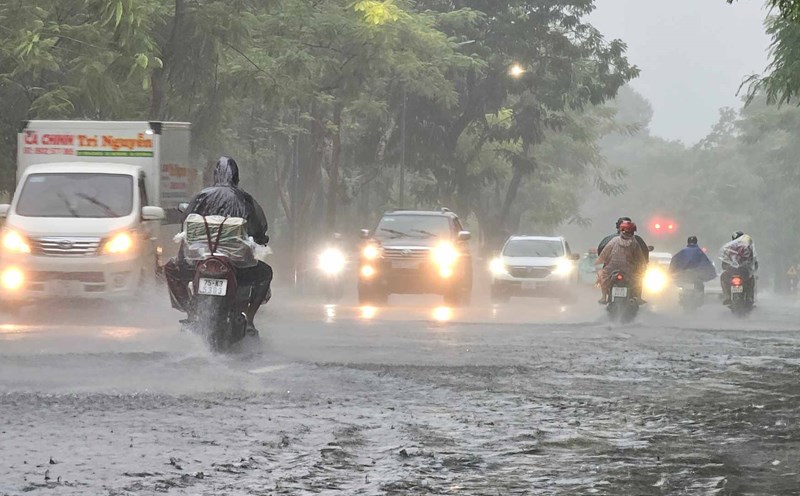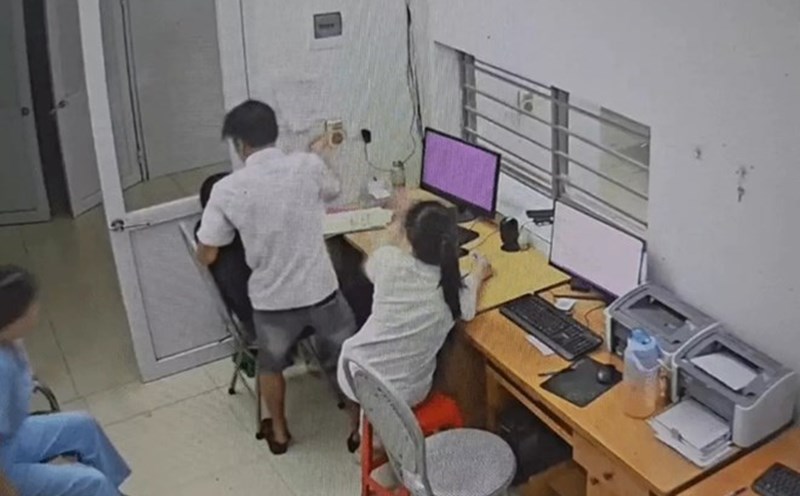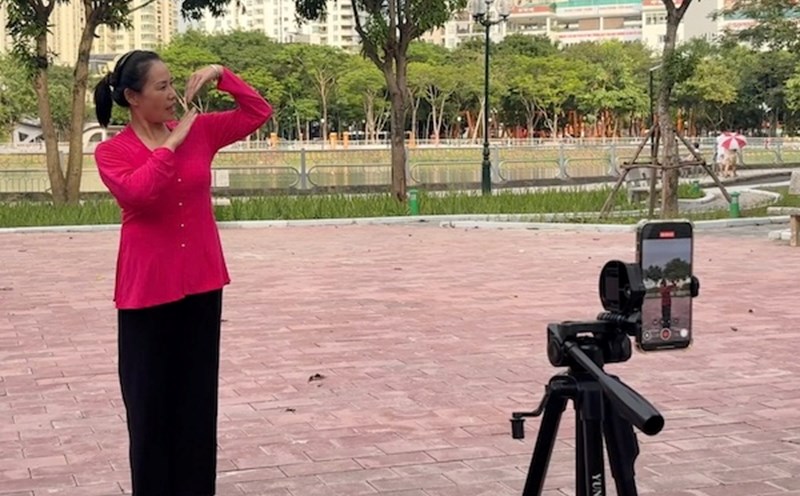Mr. T.D.T in Hanoi reflected that his family's land was left by his father a long time ago, and was granted a red book by the People's Committee of the district (old) on August 27, 2003, with an area of 736 m2 to Mr. T's father. The purpose of use is to long-term T.
Mr. T's family lost their red book, only the photo copy remained. Mr. T asked, now that the family has re-issued the red book, will there be a limit on land allocation?
Mr. T mentioned some places and said that the limit will be applied, the maximum is only 200 m2 of residential land, the remaining 536 m2 is garden land, if converted to residential land, the cost of changing the land use purpose will be about more than 1 billion VND. He asked, is this true?
He also wanted to know what his family would do if they wanted to transfer the red book to him? His family at the time of issuing the red book in 2003 included his grandmother, father, mother (who died in 2004) and Mr. T.
The Ministry of Agriculture and Environment responds to this issue as follows:
Section VIII, Part C of Appendix 1 issued with Decree No. 151/2025/ND-CP dated June 12, 2025 of the Government stipulates the procedures for reissuing the Certificate issued due to loss.
The re-determination of residential land area in case of reflection must be based on the dossier for the first issuance of a Certificate stored locally to have a basis for settlement in the direction of implementation according to the provisions of Article 141 of the Land Law.
The Ministry of Agriculture and Environment recommends that you contact the local Land Registration Office for specific instructions and solutions.
In case he does not agree with the results of the settlement of administrative procedures, he has the right to complain and file a lawsuit against administrative decisions and administrative acts on land management according to the provisions of Article 237 of the Land Law.
It is known that from September 1 to November 30, 2025, Hanoi will launch the campaign "90 days of land data cleaning" - one of the key tasks to standardize, synchronize and connect land data with population data.
This is not only a technical step but also demonstrates the city's great political determination in the process of digital transformation, modernizing land management, building a smart urban government, serving the people better.
According to the Hanoi Department of Agriculture and Environment, people are the biggest beneficiaries of the "90 days of land data cleaning" campaign. When land data is standardized, transparent and connected to the population database, people's land use rights will be guaranteed more accurately and fully.











